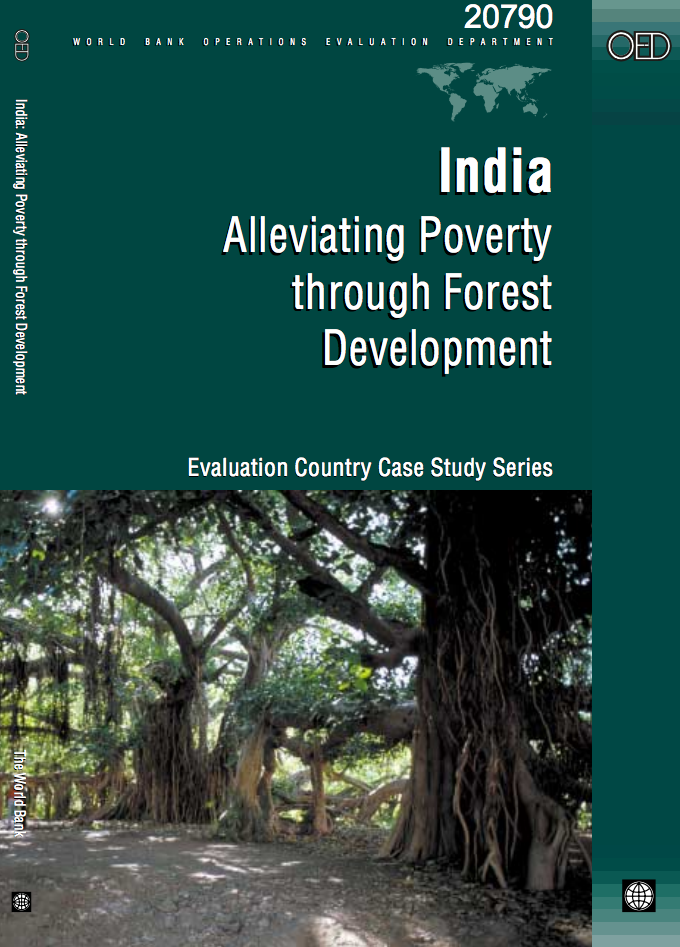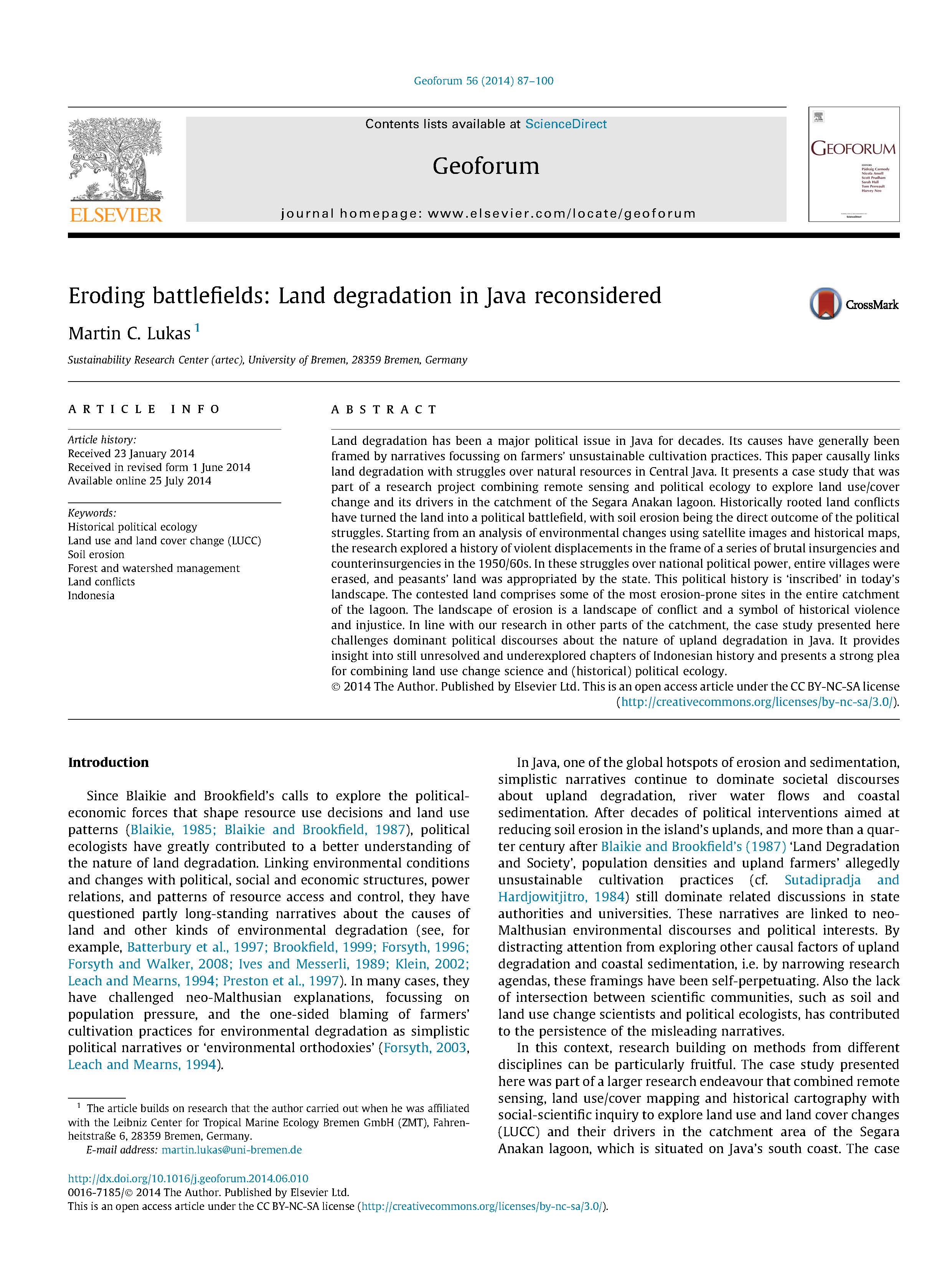The World Bank's GEF Program in the Middle East and North Africa Region : Global Environmental Benefits Contributing to National Development Goals
The report focuses on the two decades
of the World Bank - Global Environment Facility (GEF)
partnership with the Middle East and North Africa (MENA)
countries. This partnership has had a global environmental
impact by working both at the local and national level and
engaging all relevant partners and stakeholders. In
addition, many GEF financed operations stand as examples of
what a more holistic approach can achieve in terms of




